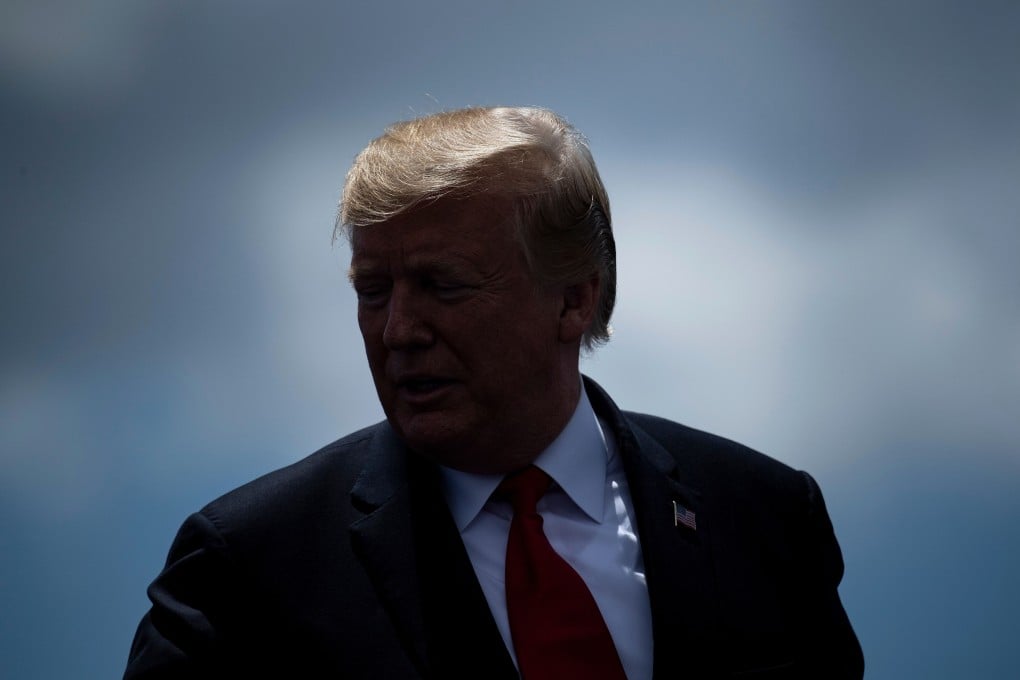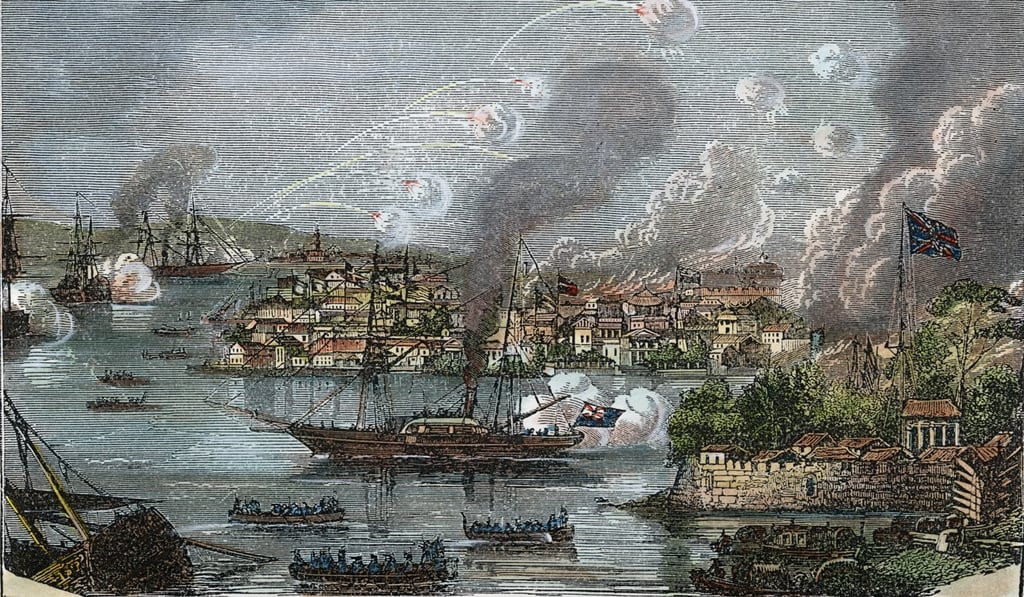Asian Angle | Donald Trump’s biggest mistake in US-China trade war: not realising the Chinese will never genuflect again
- China’s collective memory of a century of humiliation by foreign powers, beginning with the First Opium War, has steeled its resolve
- American politicians just do not understand the power of national self-esteem that underpins China’s resilience, writes Leslie Fong

I would argue that it is their collective memory of the century of humiliation by foreign powers that began with the First Opium War (1839-1842), a period of unforgettable injury to national pride best captured in that infamous sign “Dogs and Chinese not allowed” which was hung at the entrance of a park in the so-called British concession inside Shanghai.
American politicians who think of relations between nations only in terms of transactions and deal-making just do not understand the power of national self-esteem that underpins China’s resilience – or the strength that the Chinese can draw from the depths of their soul.
Perhaps some of the hawks in the American establishment do get it, but just do not care. Doubtless, they believe America might will prevail, as it seems to have over the past few decades when the US rode roughshod over other countries.

